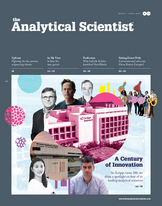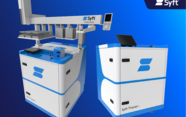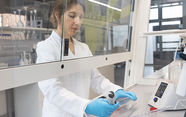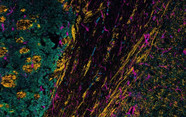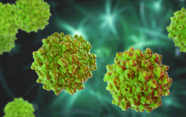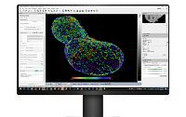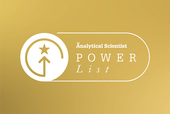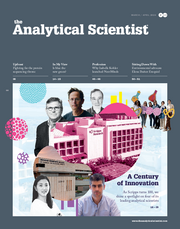
The Power List Book Club: Chapter 5
Welcome to our final chapter (for now!) on the books that all analytical scientists should add to their reading list
Jessica Allerton | | 2 min read | Discussion
Ian Wilson: “The Double Helix “by James D. Watson, and “The Voyage of the Beagle” by Charles Darwin. Or, if you want a good laugh, I can recommend “Dancing Naked in the Mindfield” by Cary Mullis (completely bonkers and he still managed to get a Nobel Prize!).
Emily Hilder: Everyone – not just scientists – should read “Latitude” by Dava Sobel. It’s not just a story of great scientific discovery, adventure, and persistence, but it demonstrates the power of science, data, and accurate measurement to change the world for the better. All told through a fabulous story.

Ian Wilson
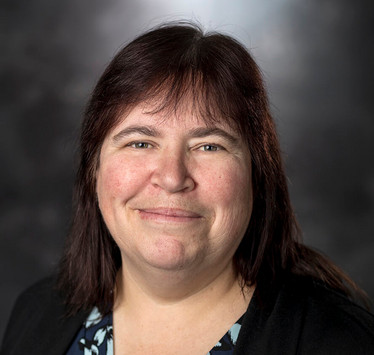
Emily Hilder
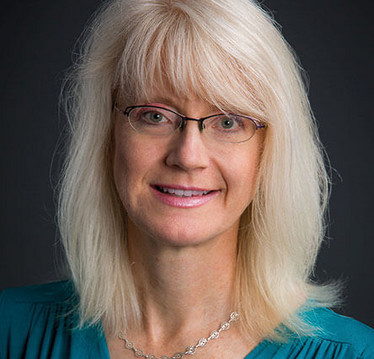
Jenny Brodbelt
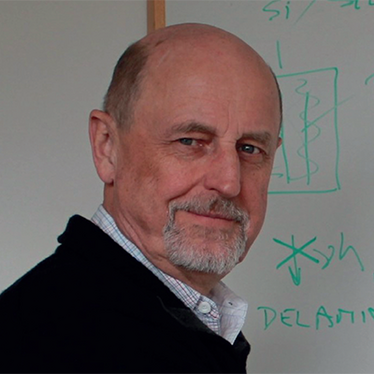
Frank Svec
Textbooks and practical choices
Jenny Brodbelt: “Making the Right Moves,” developed by scientists affiliated with Burroughs Wellcome Fund and Howard Hughes Medical Institute. It’s perfect for anyone considering a scientific academic career, with compiled advice, know-how, and practical information.
Frank Svec: I would highly recommend “Introduction to Modern Liquid Chromatography” by Lloyd R. Snyder and Joseph J. Kirkland. The first edition came out in 1974 and I have labeled it the chromatographers bible ever since!
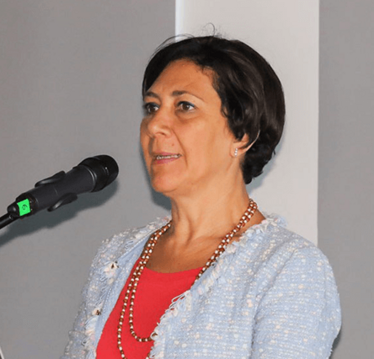
Paola Dugo
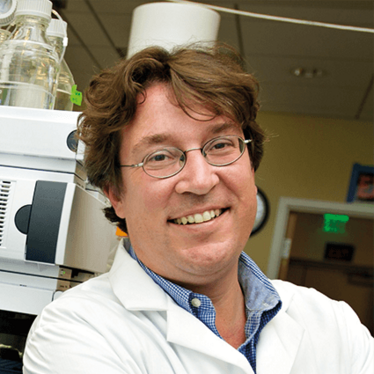
Oliver Fiehn
Oliver Fiehn: “Scientific Writing and Communication: Papers, Proposals, and Presentations” by Angelika H. Hofmann.
Paola Dugo: “Basic Gas Chromatography” by Harold M. McNair and James M. Miller is a good starting point and a must read for separation scientists.
Chuck Lucy: I have to recommend “Quantitative Chemical Analysis” by Daniel C. Harris and myself!
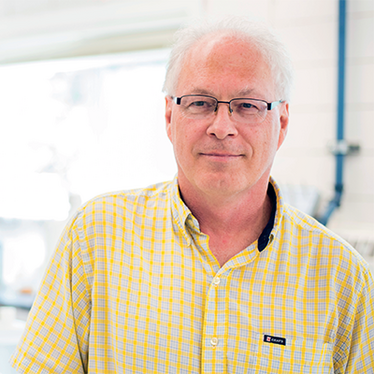
Chuck Lucy
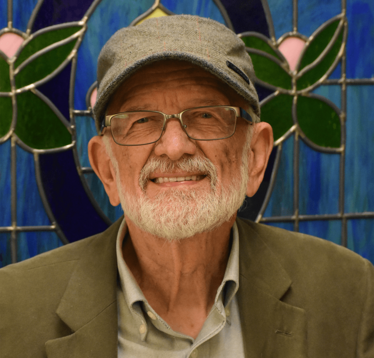
R. Graham Cooks
R. Graham Cooks: “Thing Knowledge: A Philosophy of Scientific Instruments” by Davis Baird. Gary Hieftje introduced this book to Fred Lytle and Fred passed on the recommendation. The book presents a formal epistemology of instrumentation, arguing that the conception of a new instrument is an act of fundamental science as the resulting device embodies all later applications, which merely represent applied science. This view is a corrective to the increasingly dogmatic opinion that only hypothesis driven research has intrinsic scientific value.
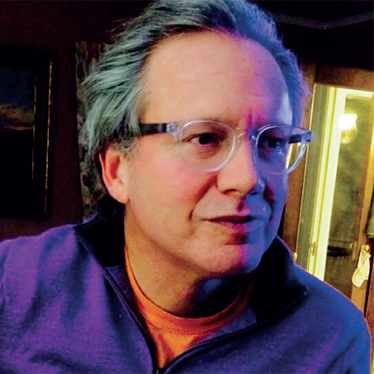
David E. Clemmer
David E. Clemmer: “What is Life” by Erwin Schrodinger. In this short book, Schrodinger presents the physical aspect of the living cell. New studies of biological systems indicated a quantized nature of mutations induced upon irradiating organisms with electrons. Schrodinger takes this idea and recognizes that there must be a type of code that describes life (we would call this the genetic code) and based on microscopy images (and other studies) he believed that the code must reside inside of the nucleus of the cell. From simple ideas about size, complexity, and thermodynamics he presents an argument for a polymer containing a code (analogous to morse code) that is responsible for reproducing living systems (or something along these lines. I have simplified this as my interpretation of the arguments). The text itself is a wonderful read; however, I had not imagined the impact until I read that Watson and Crick sent a draft copy of their famous paper to Schrodinger upon submission for publication. It appears that Erwin’s thought experiment inspired a handful of young biophysicists. This was certainly not the only work of this kind. But, it was remarkable upon thinking about it to go through the thought process and circumstances that brought about the change of field and ideas in this text.
Credit: All headshots supplied by interviewees
Associate Editor, The Analytical Scientist






